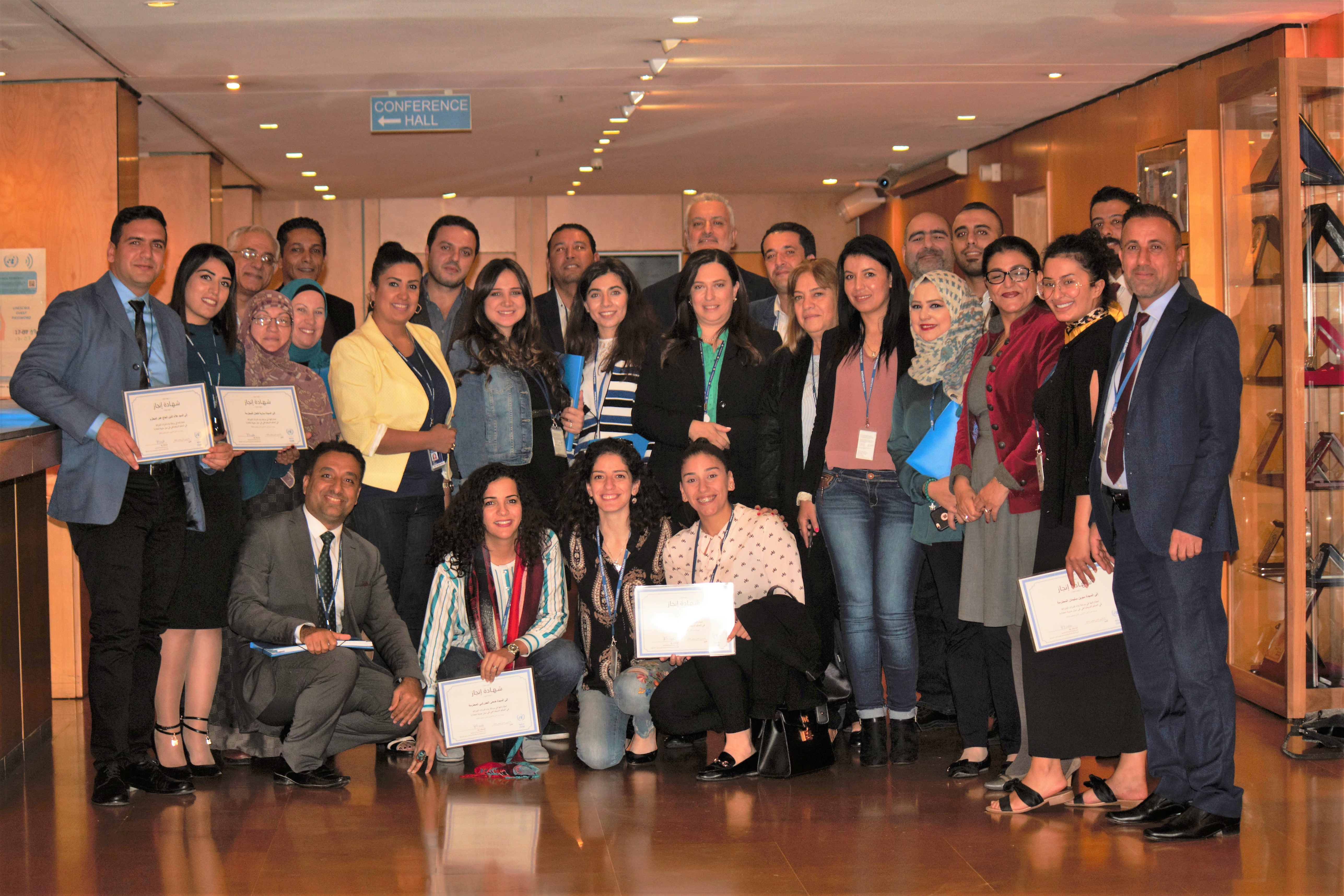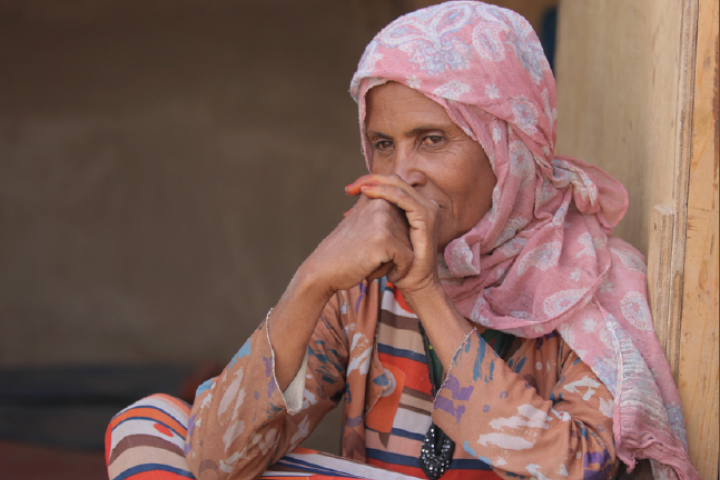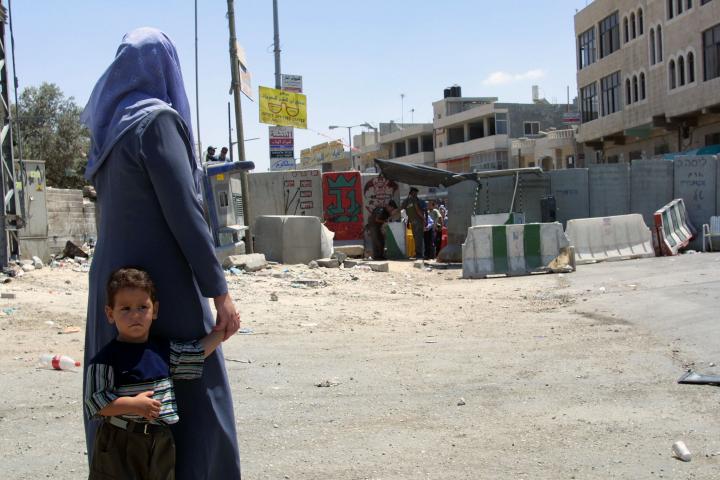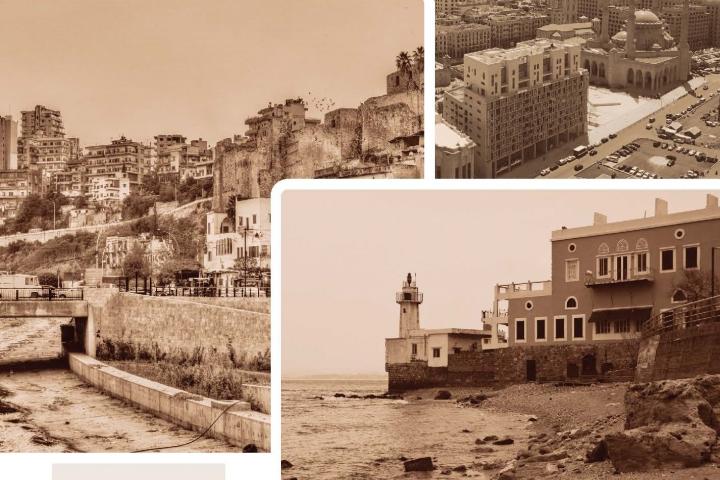On 6 November, 25 young officials from line ministries and local authorities, civil society actors and other social activists involved in the democratic governance, policy-making and reform processes in Tunisia, Lebanon, Iraq, Jordan, and Syria gathered at the United Nations House in Beirut to increase their knowledge and understanding on participatory approaches and techniques to public policymaking.
With the help of experienced trainer Jean Dib El-Hajj, ESCWA tackled the topic in interactive lectures and vivid working groups.
“The workshop aims to build the capacity of participants from selected member States on specific techniques for a participatory approach to democratic governance,” noted Rania Al Jazairi, First Social Affairs Officer in the Social Justice Section at ESCWA.
“This revolves around upholding accountability and transparency, designing participatory-oriented public policies based on the principles of equity and social justice, and promoting local development and decentralization in transitional periods to democracy, including the engagement of civil society actors in the reform process,” she added.
Najem Bin Mohamad Al-Salehi, a former civil society member, was recently elected as head of a newly established municipality in the governorate of Kasserine in Tunis: “I significantly benefited from the workshop and I hope ESCWA will exert more efforts in supporting experts, particularly at the level of municipalities and local authorities, because of the huge amount of information and expertise that it has,” he said.
Participants shared knowledge and experience and discussed key development challenges facing the region as well as the related tools and mechanisms needed to institute structural and durable reforms.
Vian Alsheakh Ali, member of the Tammuz Organization for Social Development in Iraq, said the workshop was very useful: “We received a lot of new information about how to contribute to building a democratic and participatory-based governance and about the legal and practical aspects related to civil society,” she underscored.
As part of a larger project on “Fostering Institutional Development for Participatory Approaches towards the Achievement of the Sustainable Development Goals in Western Asia” that kicked off in 2016, this activity will be followed by another three-day Training of Trainers’ workshop on the same topic to build the capacity of these same trainees so they can transfer their knowledge to their respective countries.
“I believe I will make great use of this workshop and we will surely conduct the same training in our own countries,” Ms. Ali added.
The implementation of these two interdependent workshops is expected, at the same time, to pave the way for the establishment of National Committees of Practice on Participatory Social Development and towards the continued updating and development of guidelines and training material on mainstreaming participatory practices in public policymaking processes.
*****
For more information:
Nabil Abu-Dargham, Head, ESCWA Communication and Information Unit
+961-70-993-144; email: dargham@un.org
Ms Rania Harb +961-70-008-879; email: harb1@un.org
Ms Mirna Mahfouz: +961-70-872-372; email: mahfouz@un.org




